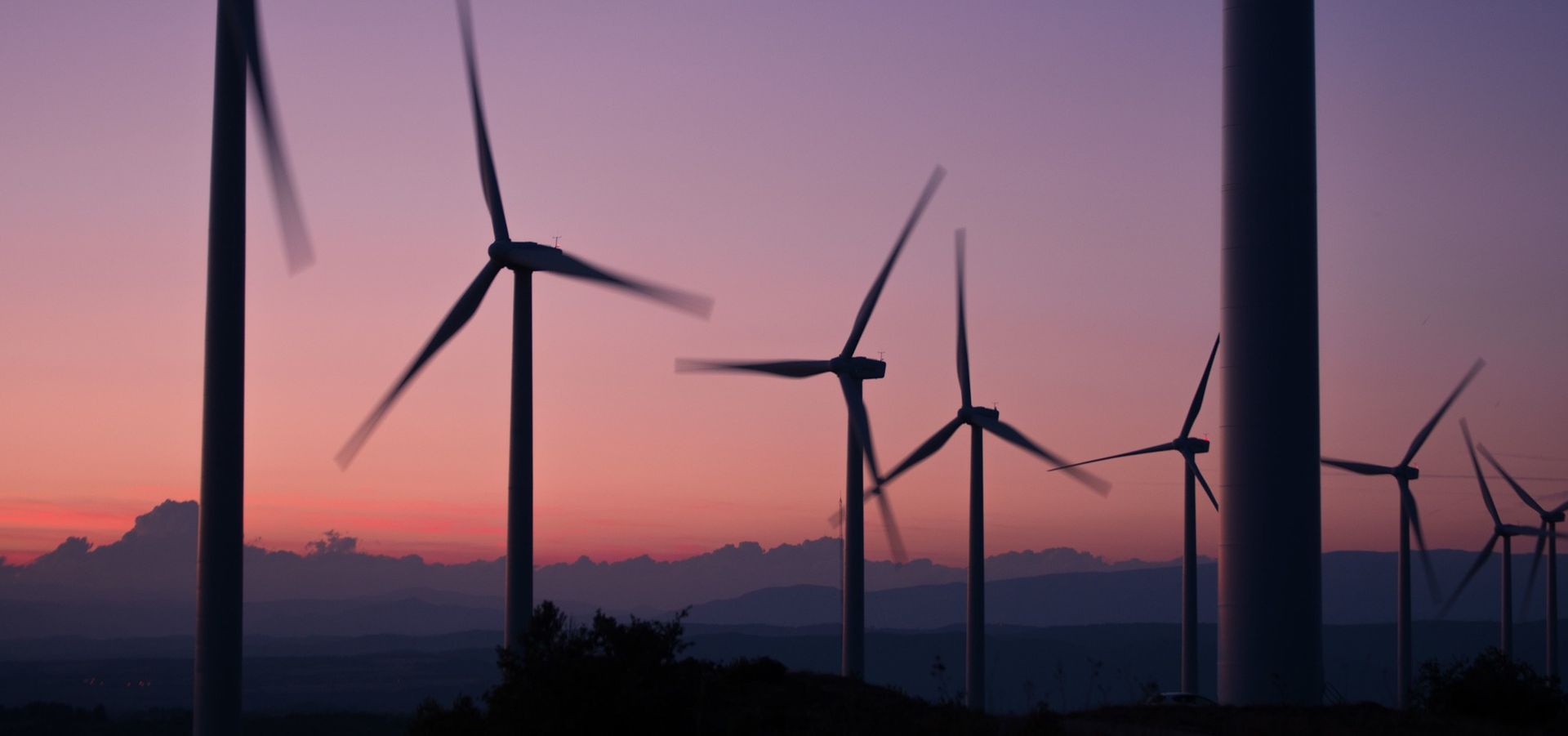How can we save the planet from dangerous climate change without severing social coherence? Both large-scale, centralized installations and small-scale community-owned projects offer convincing benefits: Large–scale projects reduce the cost of electricity generation while small-scale projects directly benefit the local community. Rebecca Bertram takes a look at wind farms in Mexico.

In Mexico, the wind companies promised local communities benefits and failed. (Public Domain)
Mexico’s wind energy sector is currently demonstrating how not to orchestrate an energy transition. The efforts the country is undertaking to reach its renewable energy goals are impressive. But unless they can be reconciled with social acceptance, these efforts can backfire.
Take the region of Tehuantepec Isthmus in the state of Oaxaca, for example, that lies in the center of the country and spans the space between the Pacific and Atlantic oceans. It is Mexico’s “windy belt” and host to more than half of the country’s wind farms. Here, wind speed is about 10 meters per second, four-times the global average, and the wind farms occupy some 100 million hectares (equivalent to 247 acres). By 2030, another 3000 windmills will be installed in the region occupying even more land that was previously used to farm traditional crops, such as corn and sugar cane. So what effects has this boom in wind energy had on the region?
On the one hand, the government of Oaxaca is very pleased with developments to date, highlighting the important role that the wind farms play in meeting the country’s renewable energy goals and climate plan. 35 percent of Mexico’s electricity is to be generated by renewable energy sources by the year 2030, and a large share of this is to come from this particularly windy region. Oaxaca’s government also proudly emphasizes the wind business’ economic importance: today it represents over 90 percent of all investments flowing into the region. Not surprisingly, foreign and national wind companies are granted very generous access to lease large parts of the land.
But what is in it for the local communities? In Tehuantepec Isthmus, local people – many indigenous and suffering from severe poverty – initially hoped the wind farms would directly improve their lives. Landowners were promised long-term, 30-year leasing contracts of their lands as well as other benefits, such as jobs, cheaper electricity as well as new schools and hospitals.
Yet many of these contracts included a lot of small print which the local population did not understand. Now people are facing the consequences. For example, some contracts automatically transfer land ownership to the wind companies should the rightful owner decease before the 30-year period is up. And companies often pay only a mere monthly 1.50 Pesos (equivalent to about 7 US cents) per square meter for the direct spot where the turbines are installed, not for the extended land they turn unusable for other purposes. Before the wind companies asked the landowners to sign the contracts there were no public hearings to inform the public on what was actually planned on their lands, violating the Convention 169 of the International Labor Organization on Indigenous Peoples in Independent Countries which Mexico ratified in 1990.
Many of the promised benefits to the local communities have failed to materialize. While local communities – of which about 5.1 percent have no access to electricity – were promised sustained supplies, electricity is instead sent elsewhere. The wind companies have widely failed to build the promised new infrastructure projects, such as schools or hospitals in the area. Worse still, they have had a negative impact on social cohesion among many nearby indigenous communities. Since only one part of the population directly benefits from renting their lands to the wind companies the other is left without any benefit at all. This increasingly results in jealousy and social tension.
The example of Mexico’s windy belt highlights how not to do an energy transition. Here, supposedly clean energy companies have learned nothing from their dirty counterparts that often use dishonest tricks and opaque business practices with zero positive impact on the local community. Yet Mexico’s example is all too common in emerging and developing countries where the absence of the rule of law, corruption and the lack of well-functioning institutions is commonplace.
Governments, municipalities and industries must become aware of the potential of combining the business and social benefits of renewable energies and make sure that companies refrain from unfair negotiating tactics. For the energy transition to become truly sustainable, transparency and an inclusive approach must be assured if combating climate change is to be reconciled with social peace.
This is bad.
But the case is not helped by hyperbole:
“By 2030, another 3000 windmills will be installed in the region occupying even more land that was previously used to farm traditional crops, such as corn and sugar cane.”
The corn and sugar cane presumably still grow under the wind turbines (only anti-wind campaigners say “windmills”). The actual exclusive land take of a wind farm is small – the tower footprint, a one-lane dirt access track, and some cabling.
Is the lefty populist AMLO doing anything to remedy the injustices reported here? Probably not. His base is in the unionised workers of the big state companies that he is stalling the energy transition to protect. Poor peasants are low down the list of concerns.
My partner and I stumbled over here by a different page and thought I should check things out.
I like what I see so i am just following you. Look forward to looking at your web page again.